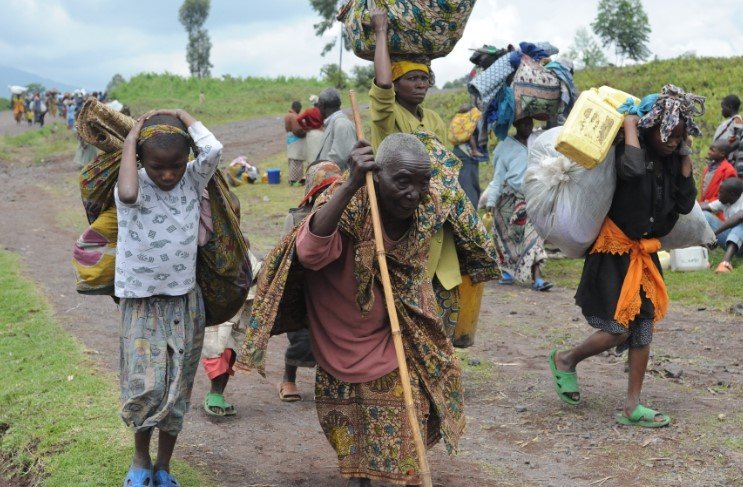In the ever-evolving landscape of global affairs, Europe grapples with critical challenges that shape its social fabric and international relations. As we delve into the key trends of 2023 and beyond, three pressing issues stand out: the dire situation of people displaced by war, the rise of antisemitism, and the persistence of anti-Muslim racism.
Displacement: A Humanitarian Crisis
The ongoing war of aggression by the Russian Federation against Ukraine has left millions of Ukrainians displaced, seeking refuge across Europe. Vulnerable and uncertain about their future, these displaced individuals face hardships as they navigate unfamiliar territories. Additionally, Russian citizens fleeing conscription or political persecution have sought protection in Council of Europe member states.

In a separate crisis, over 100,000 Karabakh Armenians fled their homes due to Azerbaijan’s military operation in September 2023. While Europe has made admirable efforts to accommodate these displaced populations, discrepancies in treatment persist, particularly concerning Roma with Ukrainian citizenship. As long as safe and dignified conditions for return are not met, hosting states must develop long-term policies to secure access to housing, employment, education, healthcare, and social services.
Antisemitism: A Troubling Surge
Since the Hamas terror attack against Israel in October 2023 and Israel’s subsequent war in Gaza, several European countries have witnessed a surge in antisemitism. Hate incidents targeting Jewish communities have escalated, fueled by inflammatory rhetoric from politicians and senior public officials. As Europe grapples with this alarming trend, concerted efforts are needed to combat prejudice, promote understanding, and safeguard the rights of all citizens, regardless of their religious or ethnic backgrounds.
Anti-Muslim Racism: A Persistent Challenge
Across the continent, anti-Muslim racism remains a persistent challenge. Discrimination against Muslims, fueled by stereotypes and misinformation, undermines social cohesion and individual well-being. European states must actively address this issue, promoting tolerance, education, and dialogue to counter harmful narratives and foster a more inclusive society.
